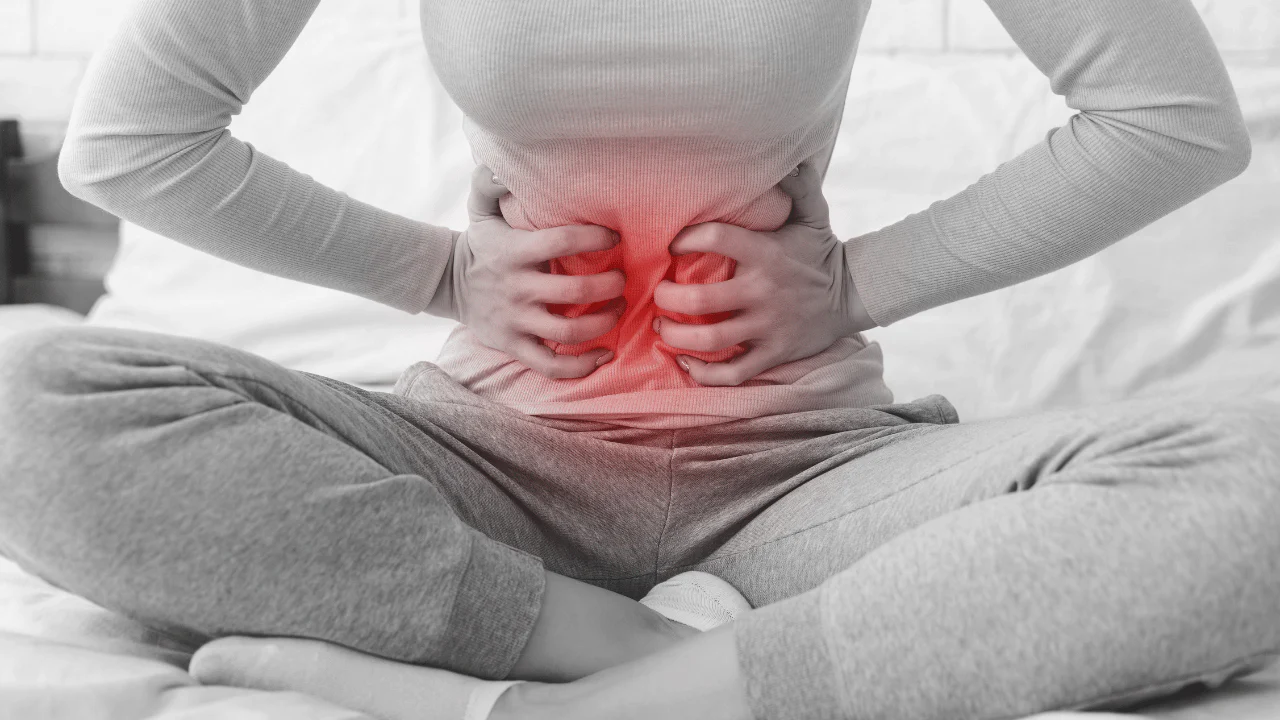Menstrual cramps, or dysmenorrhea, can be uncomfortable and even disabling for most women. While over-the-counter painkillers are used by many, there are a number of natural and effective techniques to reduce menstrual cramps. Here are seven science-backed solutions to relieve pain and ensure overall health during your period.
1. Use Heat Therapy
One of the best ways to ease menstrual cramps is by using heat. A heating pad, warm compress, or even a hot water bottle held over the lower abdomen causes the muscles to relax and ensures proper blood circulation. Research indicates that heat therapy can work just as well as ibuprofen when it comes to easing period pain.
2. Stay Hydrated
Drinking sufficient water can minimize bloating and alleviate menstrual pain. Warm or herbal teas like chamomile or ginger tea contain anti-inflammatory compounds that can ease the pain. Steer clear of too much caffeine and alcohol, which can cause dehydration and aggravate discomfort.
3. Practice Light Exercise
While it might sound difficult, mild exercise such as yoga, stretching, or walking can release endorphins—natural painkillers. Deep breathing and meditation also help reduce stress and alleviate menstrual pain.
4. Eat a Balanced Diet
Consuming a balanced diet rich in nutrients during and prior to your period will pay great dividends. Magnesium-rich foods like bananas, almonds, and spinach can ease muscle tension. Omega-3 fatty acids in fish, flaxseeds, and walnuts have anti-inflammatory properties that could curb cramping.
5. Use Herbal Remedies
Some herbal teas and supplements help to relieve menstrual cramps. Ginger and turmeric possess anti-inflammatory elements, while fennel and cinnamon can ease the uterine muscles. Consult a health expert before attempting herbal remedies.
6. Practice Stress Management
Heavy stress can intensify period pain. Stress can be controlled with activities such as meditation, deep breathing, and proper sleep. Aromatherapy using lavender or peppermint oil can also help relieve it.
7. Try Over-the-Counter Drugs
If self-help doesn’t work, one can use nonsteroidal anti-inflammatory drugs (NSAIDs) such as ibuprofen or naproxen to control pain. One should visit a doctor before consuming such medication on a regular basis.
By adding these techniques to your regimen, you can more effectively deal with menstrual cramps and enhance your overall comfort level during your cycle.
Discover more from
Subscribe to get the latest posts sent to your email.







